
By Rebecca Black, PA
The Northern Ireland Secretary will later announce a way forward on dealing with the legacy of the region’s troubled past.
The approach, to be outlined by Brandon Lewis in the House of Commons on Wednesday afternoon, is expected to include a statute of limitations ending all prosecutions related to the Troubles before 1998.
The approach has been slammed by political parties and victims groups as a “de facto amnesty” for both veterans and former paramilitaries.
Mickey McKinney, whose brother William died during Bloody Sunday, says the move will only add to the pain.
Kathleen Gillespie's husband Patsy was killed in an IRA attack 30 years ago and she says she feels robbed of justice.
Kathleen Gillespie feels “robbed” of justice by the government’s plan to end troubles prosecutions. Her husband Patsy was murdered by the IRA in a horrific bombing that also killed five soldiers.#Legacy pic.twitter.com/DOLQNly76M
— David Blevins (@skydavidblevins) July 14, 2021
White-line picket protests took place last weekend against an amnesty.
Government sources have rejected claims it would effectively amount to an amnesty.
The plan is expected to include legislation which government wants to be passed by Parliament in the autumn.
More than 3,500 people died during the conflict, which stretched from the early 1970s to the Good Friday/Belfast Agreement in 1998, while tens of thousands more were left injured.
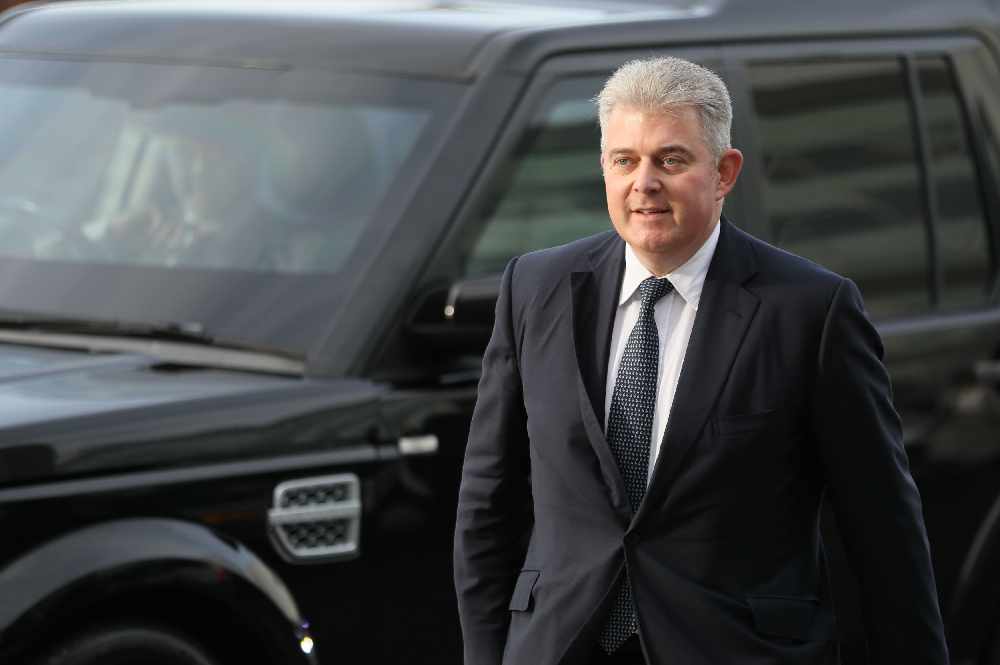
Last month Mr Lewis and Irish foreign affairs minister Simon Coveney announced “intensive engagement” by the two governments on legacy.
Families of victims, political parties and other stakeholders are to be involved.
Mr Lewis then said the process will “build on and develop on the principle of the Stormont House Agreement”.
In 2014, the Stormont House Agreement proposed a Historical Investigations Unit to examine unsolved murders during the Troubles and an Independent Commission on Information Retrieval for families to learn more about the fate of their loved ones.
None of the proposals were implemented.
Bereaved families have been seeking answers about what happened to their loved one by pursuing fresh inquests while a number of cases are being examined by former Bedfordshire Chief Constable Jon Boutcher.
On Wednesday morning, Mr Coveney said the UK proposal to end prosecutions was not a “fait accompli”.
“This is UKG (UK Government) outlining its position,” he tweeted.
“Irish Government has very different view (Stormont House), as do Northern Ireland political parties and victims groups.
“The Northern Ireland Secretary and I have committed to an inclusive dialog to try to agree consensus and that’s underway.”
This is not a fait accompli. This is UKG outlining its position. Irish Govt has very different view (Stormont House), as do NI political parties & victims groups. SOSNI & I have committed to an inclusive dialog to try to agree consensus & that’s underway. https://t.co/MCQt5mbKgI
— Simon Coveney (@simoncoveney) July 14, 2021
Ireland’s former Minister for Justice Charlie Flanagan wrote on Twitter: “Most unwelcome news from UK on legacy issues.
“Unilateral departure from Stormont House Agreement undesirable and regrettable.
“Both Governments need to meet ASAP to discuss further.”
Former head of the Army General Lord Dannatt has described the Government’s plans to introduce legislation to end all prosecutions related to the Northern Ireland Troubles before 1998 as “the least worst solution”.
He “welcomed” the move but told BBC Radio 4’s Today programme: “This isn’t the solution to everyone’s problems; I call it the least worst solution, but it does provide a mechanism whereby investigations can continue, questioning can continue so that families who lost loved ones during the Troubles get to know what happened but without the fear of prosecution being held above the heads of military veterans.”
He said he expects the Government’s command paper will set out what proportion of deaths in the Troubles were caused by terrorists and by the military.
Asked how this could be considered a deterrent for organisations, he told the programme that investigations of future events will have to be carried out as “thoroughly and properly as possible at the time”.
He added that, where evidence can be assembled, “then prosecutions should be brought quickly and cases put through the courts and people sanctioned for their actions”.


 Nine Northern Ireland schools targeted with threatening email thought to be hoax
Nine Northern Ireland schools targeted with threatening email thought to be hoax
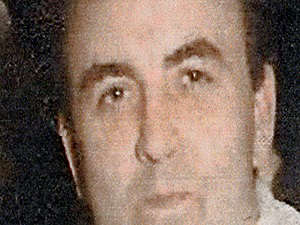 Exhumed remains not those of Disappeared victim Joe Lynskey
Exhumed remains not those of Disappeared victim Joe Lynskey
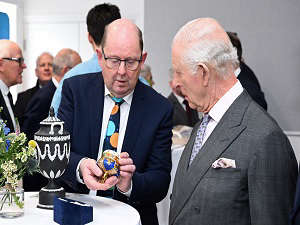 King and Queen conclude three-day visit to Northern Ireland
King and Queen conclude three-day visit to Northern Ireland
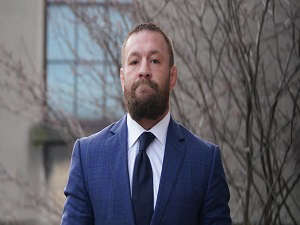 Conor McGregor seeks to introduce new evidence in civil rape appeal case
Conor McGregor seeks to introduce new evidence in civil rape appeal case
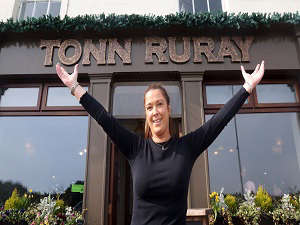 The UK’s ‘best places to live’ revealed in annual Sunday Times guide
The UK’s ‘best places to live’ revealed in annual Sunday Times guide